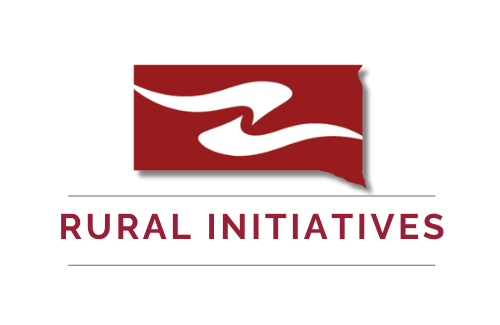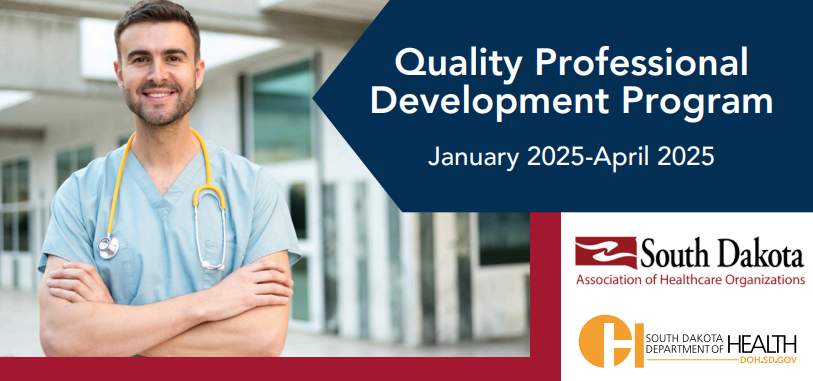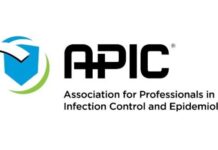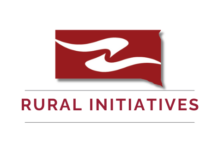
In January, the South Dakota Association of Healthcare Organizations (SDAHO), in partnership with the South Dakota Office of Rural Health, launched a new initiative: the Quality Professional Development Program. Designed specifically for quality professionals working in critical access hospitals across the state, the program was offered at no cost and aimed to enhance core competencies in healthcare quality.
The program consisted of five engaging sessions, four held virtually and one in person. Topics included data collection and analysis, effective use of charts and graphs, process improvement tools, and communication and presentation strategies. Each session was led by industry experts, including representatives from Stratis Health and SDAHO’s own Debbie Morello, MSN, RN, NPD-BC, Nursing Professional Development Specialist.

The program concluded on April 30 at the MBQIP Workshop in Sioux Falls, where participants had the opportunity to share their learning and experiences. Members of the inaugural cohort included Desiree Moreland, RP, PharmaD (Bennett County Hospital), Karli Krueger, RN Quality Coordinator (Avera Weskota Memorial Hospital), and Alane Pochop, RN (Community Memorial Hospital in Redfield).
The sessions were facilitated and coordinated by Michelle Hoffman, Rural Hospital Program Coordinator with the SD Office of Rural Health and Becky Heisinger, SDAHO Director of Rural Health Initiatives. Upon completion, each participant received a certificate and was recognized at the MBQIP Workshop for their commitment to advancing quality care in rural healthcare settings.
This program was made possible through funding from the South Dakota Flex Grant, underscoring the state’s ongoing commitment to strengthening rural health systems through professional development.
This project is supported by the Health Resources and Services Administration (HRSA) of the U.S. Department of Health and Human Services (HHS) as part of an award totaling $775,690 with 0% percentage financed with non-governmental sources. The contents are those of the author(s) and do not necessarily represent the official views of, nor an endorsement, by HRSA, HHS, or the U.S. Government.






